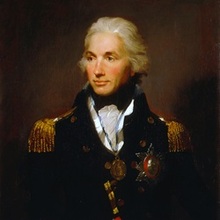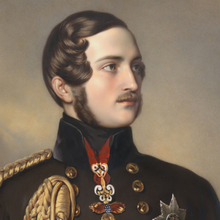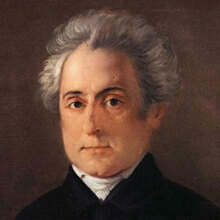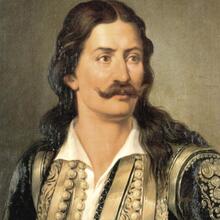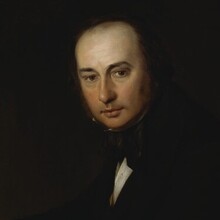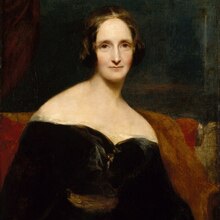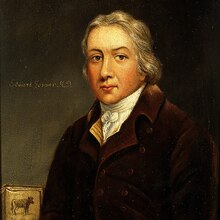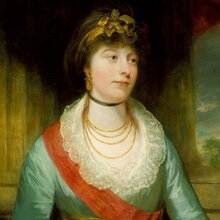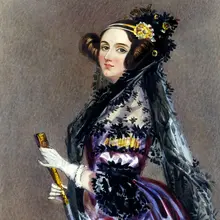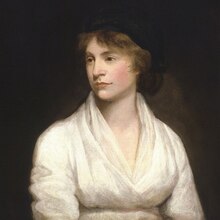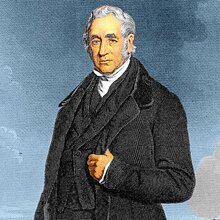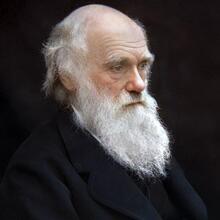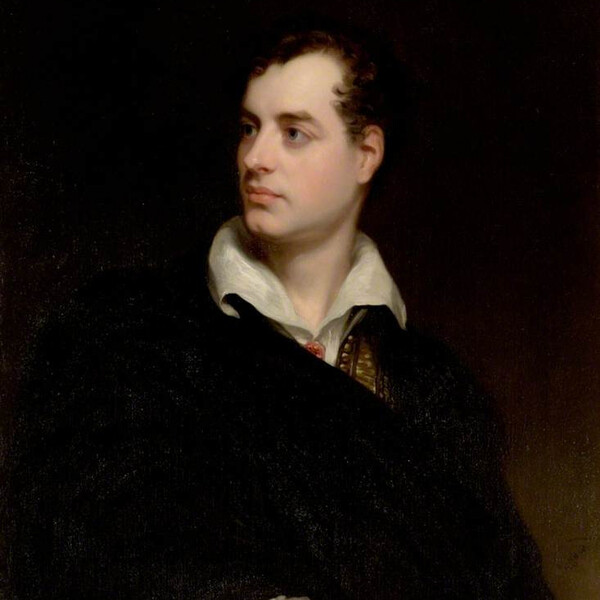
Personal
Other names:
Job / Known for:
Poet and laureate
Left traces:
Don Juan, Childe Harold's Pilgrimage
Born
Date:
1788-01-22
Location:
GB
London, England
Died
Date:
1824-04-19 (aged 36)
Resting place:
GR
Death Cause:
Fever
Family
Spouse:
Anne Isabella Milbanke (1815-1816)
Children:
Ada Lovelace (with Anne Isabella Milbanke), Allegra Byron (with Claire Clairmont), Elizabeth Medora Leigh (presumed with Augusta Leigh)
Parent(s):
John Mad Jack Byron and Catherine Gordon Byron
QR Code:
 My QR code:
George Gordon Byron
https://DearGone.com/10316
My QR code:
George Gordon Byron
https://DearGone.com/10316
Key Ownner:
Not yet supported by key owner
Show More
Rank
Users ranking to :
Thanks, you rate star
Ranking
5.0
1
About me / Bio:
Show More
Article for George Gordon Byron
Died profile like George Gordon Byron
Comments:
